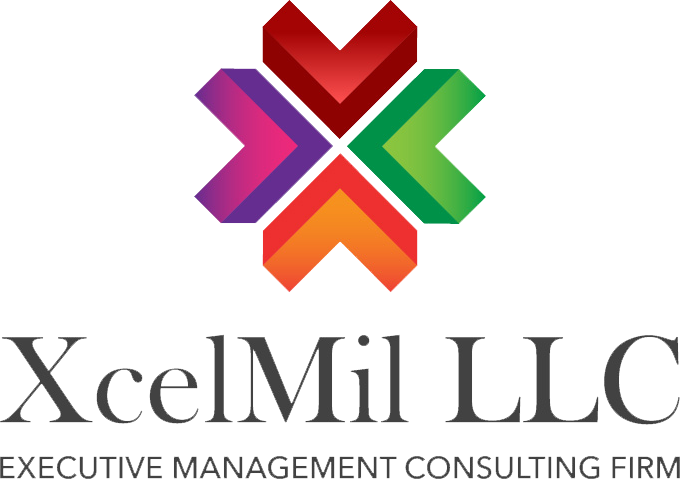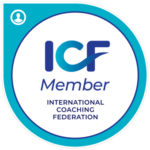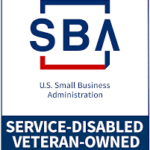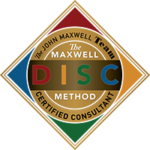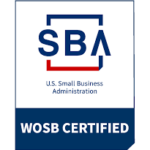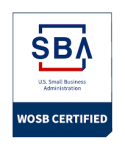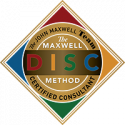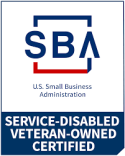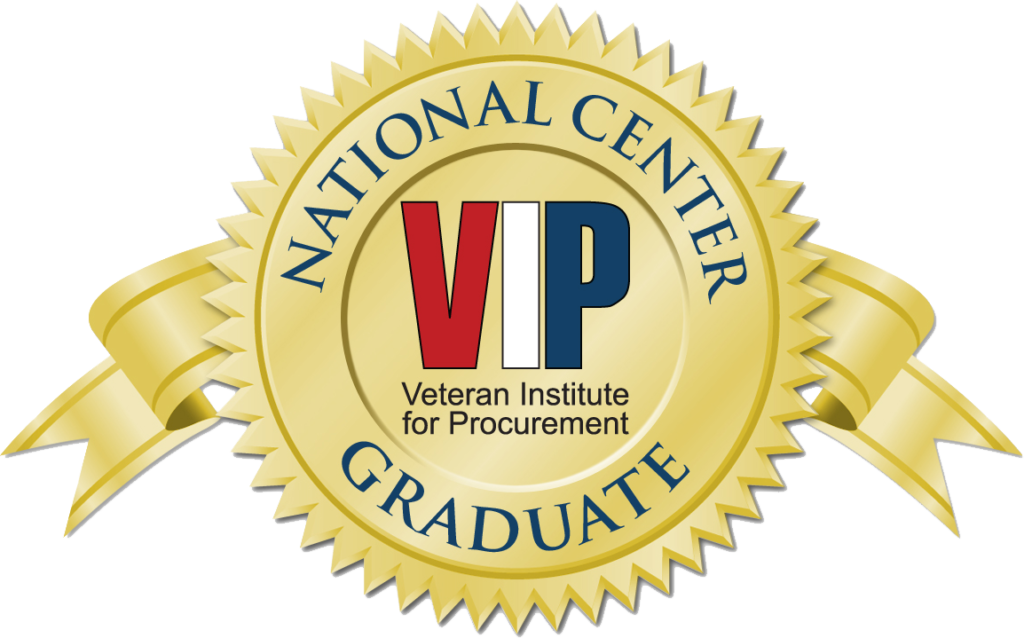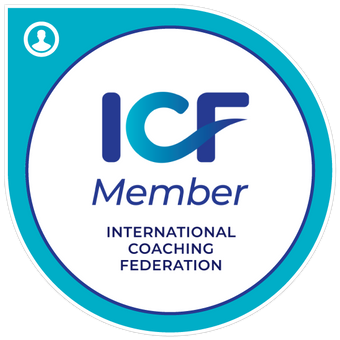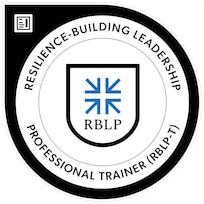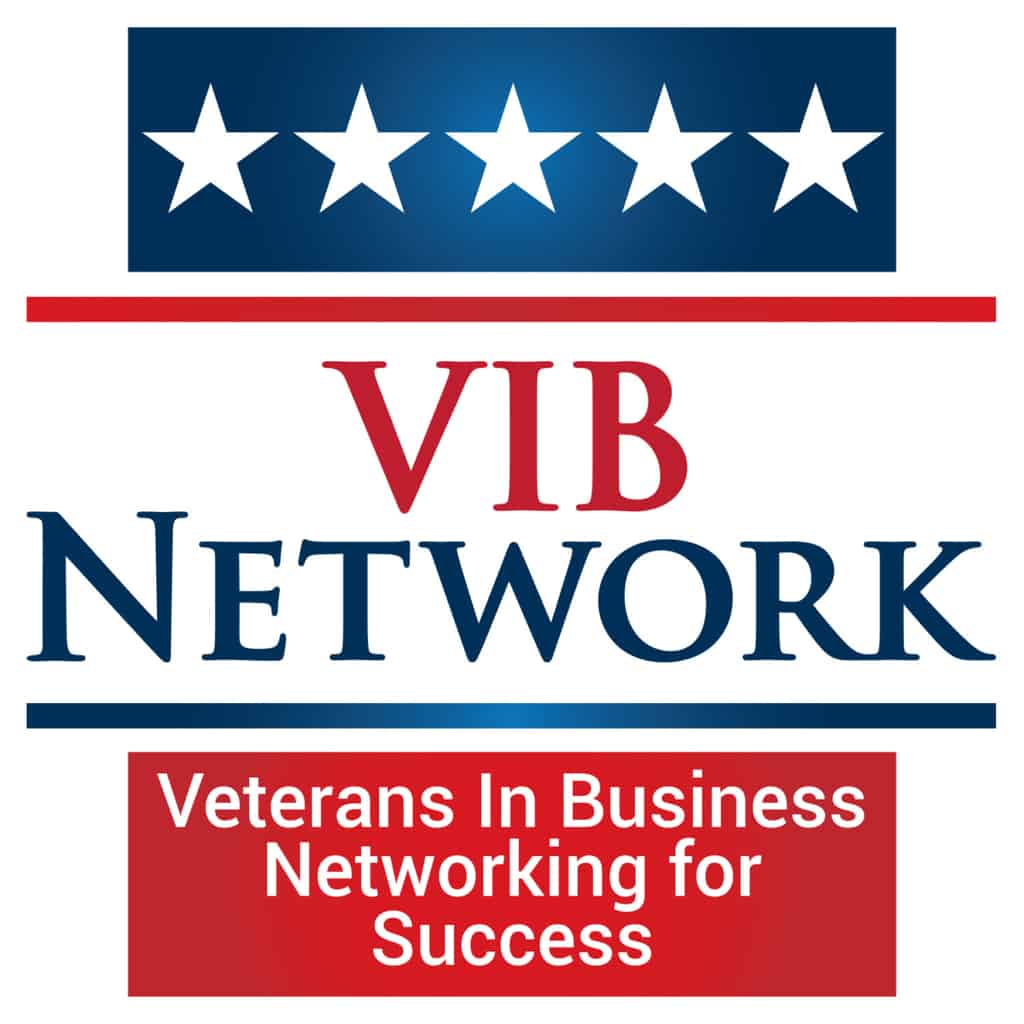Self-leadership, in essence, is what it sounds like—the ability to lead oneself. Self-leadership is the process of influencing one’s self, which is a critical part of overall leadership. Before a leader can get other people on board with a big project or initiative, they must direct and motivate themselves to get started.
The topic of self-leadership, while currently popular, is not new. The concept emerged in the mid-1980s and has since earned the respect of academics and business executives alike, serving as the topic of countless research studies, articles, books, and workplace training programs. Self-leadership is a mainstay in the leadership conversation for good reasons, as it provides numerous benefits to individuals and organizations.
Why is self-leadership important?
First, and most obvious, we can each become better leaders by understanding and practicing self-leadership. We can also help develop self-leadership in others so that our teams are more effective. Finally, we can help cultivate self-leadership in individuals who may potentially hold leadership roles in our organization, increasing the likelihood of their success.
The importance of cultivating self-leadership in others becomes apparent when considering the following point. According to research, the best predictors of who will get leadership roles are personal characteristics. Extraversion, dominance, agreeableness, and narcissism are attributes that often predict who will emerge as leaders. If we can start to develop self-leadership in individuals who aren’t dominant or narcissistic but demonstrate real leadership potential, we can cultivate more robust leadership pipelines for our organizations.
How can we become better self-leaders?
Leading academics on self-leadership outline three specific behavioral and cognitive strategies that enhance personal effectiveness:
behavioral-focused strategies, natural reward strategies, and constructive thought pattern strategies.
1. Behavioral-focused strategies
Behavioral-focused strategies facilitate positive, desired behaviors that support positive outcomes while cutting down on negative behaviors that can lead to unwanted results. These strategies involve self-observation, self-goal setting, self-cueing, self-punishment (to an extent), and self-rewarding.
2. Natural reward strategies
Natural reward strategies aim to create circumstances where the self-leader is motivated or rewarded by the parts of an inherently enjoyable task. There are two primary sub-strategies associated with natural rewards strategies. The first involves building in more pleasant aspects of a job so that the task itself becomes more enjoyable and rewarding. The second consists of maintaining one’s focus on the more rewarding aspects of the task rather than focusing on unpleasant elements. Both of these sub-strategies enhance competence and self-determination, which tie to intrinsic motivation.
3. Constructive Thought Pattern Strategies
Finally, constructive thought pattern strategies involve confronting and replacing old, detrimental ways of thinking with better ones. Constructive thought pattern strategies also include mental imagery and positive self-talk.
Ongoing leadership success largely depends on one’s ability to self-lead. By implementing the behavioral and cognitive strategies discussed here, we can become more effective leaders for our teams and teach our employees strategies to do their jobs more effectively. We can also develop a leadership pipeline that sees our organizations through to even greater future success.
Book a consultation with us now! Please do not hesitate to contact us with any questions. We would love to hear from you. Email at [email protected].
Click here https://xcelmil.com/xcelmil-coaching-and-consulting-services/ to learn more about our services.
XcelMil, LLC is a certified Minority-Woman and Service-Disabled Veteran-Owned Small Business specializing in Executive Management Consulting and Leadership Development Training.
